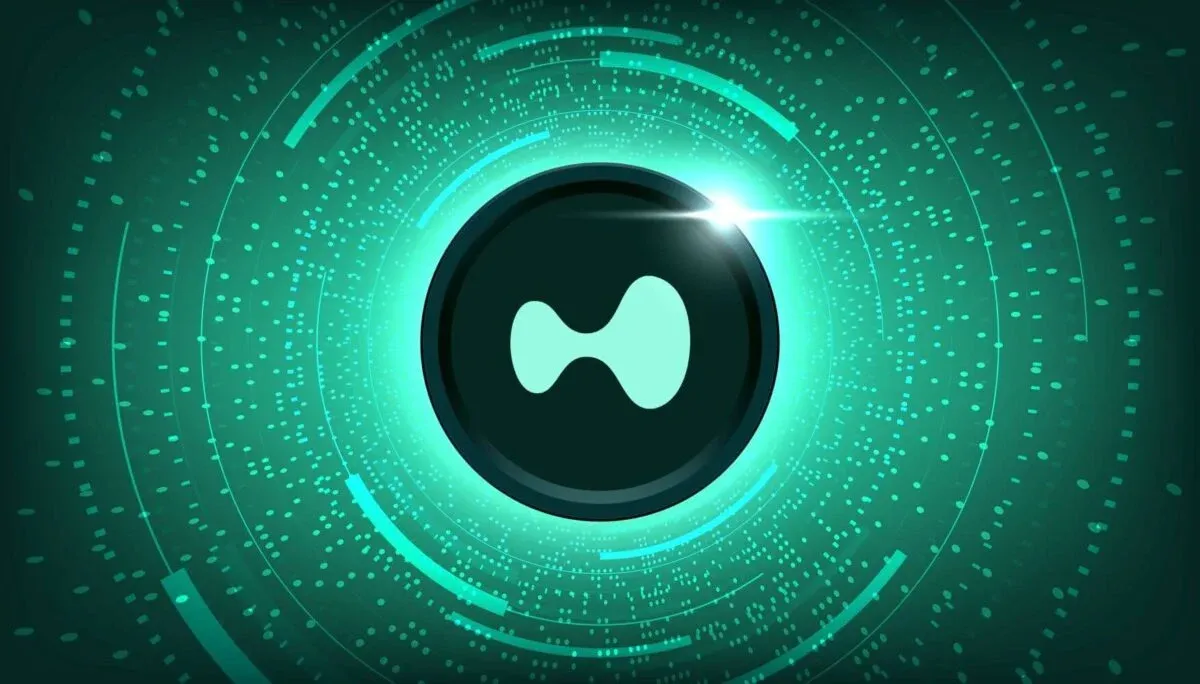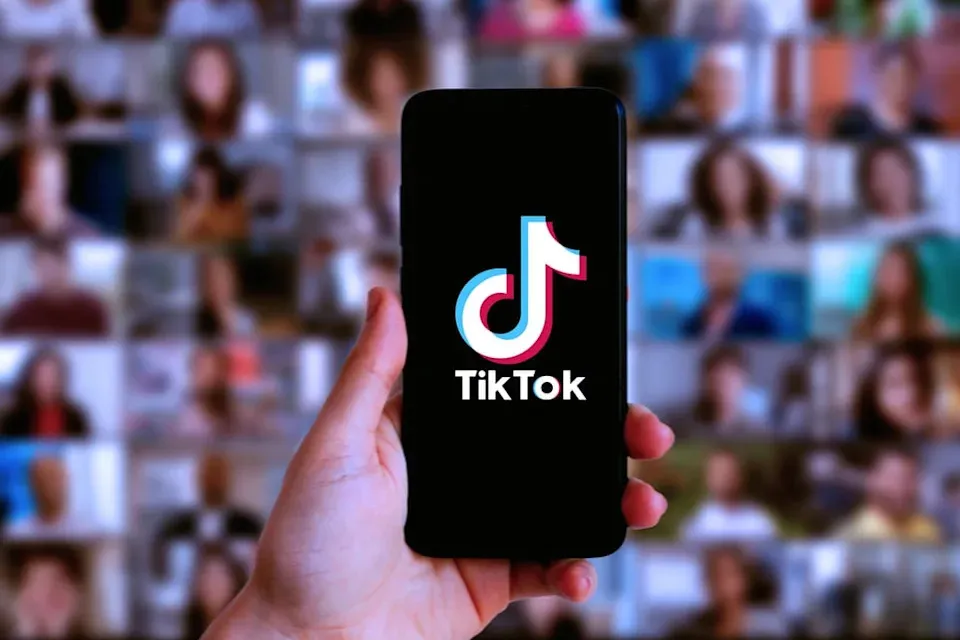The Billionaire Diet: How Inflation Made Avocado Toast a Luxury Asset
Once mocked as the symbol of millennial excess, avocado toast has achieved what economists could not: perfect inflationary irony. In 2025, the humble breakfast that once cost $8 in a trendy café now trades like a mid-cap stock. Bloomberg recently reported that the price of avocados has risen 140 percent over the past three years, outpacing both gold and the S&P 500.
What began as brunch has become an asset class. On TikTok, influencers are documenting “portfolio breakfasts.” On Wall Street, commodity desks quietly watch avocado futures. In London, a café recently introduced a “Gilded Toast”, two slices topped with imported Peruvian avocados and sprinkled with edible gold, priced at £68, or approximately the average grocery bill for a week.
The global economy may be wobbling, but the premium brunch economy is booming. The World Bank can downgrade growth forecasts; the world’s elite will still Instagram their breakfast.
Inflation has many victims, but avocado toast is its Picasso, a symbol of scarcity, speculation, and the quiet triumph of aesthetic over affordability.
The Great Inflation Diet
As inflation eats into real wages, the global rich have discovered intermittent fasting as both health trend and hedge strategy. The Wall Street Journal notes that luxury consumption has “shifted from accumulation to curation,” meaning that billionaires now prefer $20 smoothies over yachts because the margins are better and the PR is cleaner.
Economists call it consumption signaling. The rest of us call it breakfast.
According to the BBC, the average price of brunch items in major cities rose 27 percent in 2024. In New York, a poached-egg-and-sourdough combo now costs more than an Uber ride to JFK. In Singapore, café chains are experimenting with “dynamic pricing”, the same model airlines use, but for eggs.
Meanwhile, everyday consumers are experiencing the inverse diet plan: it’s called skipping lunch. The Guardian quipped that “inflation has turned calorie counting into a financial strategy.”
Central banks insist inflation is moderating, but food inflation lives on its own timeline—one ruled by climate change, supply bottlenecks, and global demand for the photogenic green fruit.
Bloomberg data show that avocado exports from Mexico and Peru have become more lucrative than lithium mining in certain regions. Farmers call them green gold. Hedge funds call them arbitrage.
Avocado Capitalism and the Price of Cool
What Tesla did for cars, avocado toast did for breakfast, it turned necessity into a lifestyle brand.
As global inequality widens, the food economy has become a mirror of the wealth gap. While some debate whether to pay rent or buy groceries, others are pairing artisanal toast with single-origin olive oil and calling it mindfulness.
Bloomberg Businessweek reported that boutique cafés in Los Angeles now offer “carbon-neutral brunch experiences,” complete with sustainability audits printed on the receipt. The irony is that the receipt costs more than the bread.
In London, high-end grocers sell “heritage avocados” hand-picked from “biodiverse micro-orchards.” They come in velvet boxes and retail for £9 each. The Guardian called it “the NFT-ization of produce.”
The obsession with branding even basic foods has inflated demand beyond sanity. The IMF’s Global Food Outlook 2025 lists avocados among the top five commodities most vulnerable to speculative pricing, alongside oil, copper, and cocoa.
Yet the cultural fixation persists because avocado toast has transcended food. It is a social signal, a digestible declaration of stability.
For the affluent, it says, “I’m thriving in an uncertain economy.” For everyone else, it whispers, “You can’t afford breakfast anymore.”
The result is an inflationary paradox: the more expensive the avocado becomes, the more valuable it feels to own, or at least to post.
Tech Bros, Hedge Funds, and the New Food Futures
Where there is volatility, there is opportunity. Wall Street and Silicon Valley have noticed.
Hedge funds are now exploring farm-to-portfolio integration. The Financial Times reported that several private-equity firms have quietly acquired avocado plantations across Latin America, citing “green consumer demand” and “portfolio diversification.”
Meanwhile, startups in California are tokenizing avocado supply chains on the blockchain, turning fruit shipments into digital assets that investors can trade like stocks. One company, Avocadex Labs, raised $120 million for a project described as “DeFi meets breakfast.”
The BBC’s business desk summed it up succinctly: “The same people who crashed the mortgage market are now fractionalizing guacamole.”
Technology has added its own absurdity. AI platforms now generate “optimal toast compositions” based on price elasticity, consumer sentiment, and Instagram engagement. A fintech app called Crumbly lets users “hedge their breakfast exposure” by automatically buying avocado futures when retail prices rise.
It’s financial innovation dressed as brunch.
And it’s not confined to the West. In Nairobi and Manila, local entrepreneurs are building stablecoin-based remittance systems that pay small farmers directly for avocado exports, bypassing middlemen. As one analyst told Bloomberg, “the avocado economy may be the first global supply chain where crypto actually works.”
So yes, somewhere between Wall Street speculation and rural innovation, avocado toast has become the world’s most democratized luxury, everyone’s trying to eat it, invest in it, or tokenize it.
The Cultural Inflation Index
The inflation story is not just economic; it’s psychological. We don’t just measure wealth by what we can buy anymore, we measure it by what we can post.
The Guardian’s culture desk calls it the Instagram Index of Inflation. A $15 cappuccino isn’t about caffeine, it’s about content. A $20 avocado toast isn’t about taste, it’s about validation.
Sociologists from the University of Cambridge recently described this as performative solvency, the art of appearing financially unbothered while living on credit. It’s why, even in a downturn, luxury cafés remain full. Economic anxiety has gone retail.
The Wall Street Journal reports that many affluent millennials have replaced investment portfolios with “experiential status spending”, from designer yoga classes to “ultra-curated” diets. The billionaire diet, it turns out, isn’t about excess but exclusivity.
For the ultra-rich, scarcity is the new caviar. For the middle class, it’s a budgeting nightmare with good lighting.
Conclusion
Avocado toast’s evolution from brunch joke to luxury asset is the story of modern capitalism in miniature. Inflation exposed how fragile consumer confidence is, but also how easily it can be rebranded as wellness.
Bloomberg called 2025 “the year of premium austerity,” where less is more, as long as less is expensive. The global economy is slowing, but lifestyle inflation is accelerating. We are all dieting our way through a monetary crisis, one artisanal meal at a time.
Somewhere, an economist is drafting a white paper on “post-capitalist caloric optimization.” Somewhere else, an influencer is uploading it to Instagram with the caption: “Grateful for green.”
The world may be running out of affordable essentials, but it will never run out of ways to aestheticize scarcity.





Recent Comments